Find Help
More Items From Ergsy search
-
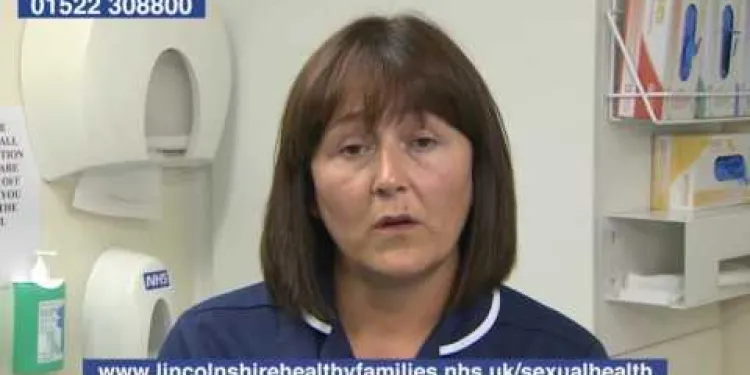
The symptoms of gonorrhoea
Relevance: 100%
-

What is Gonorrhoea?
Relevance: 77%
-
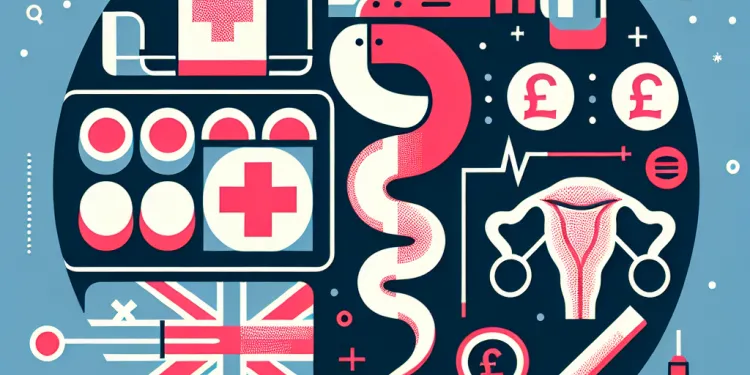
Can gonorrhoea be asymptomatic?
Relevance: 74%
-

Is there a vaccine for gonorrhoea?
Relevance: 73%
-

Can gonorrhoea be prevented?
Relevance: 73%
-

How is gonorrhoea transmitted?
Relevance: 72%
-

How is gonorrhoea diagnosed?
Relevance: 72%
-

Understanding Your Sexual Health - Gonorrhoea
Relevance: 69%
-

Are there any long-term effects of gonorrhoea?
Relevance: 68%
-
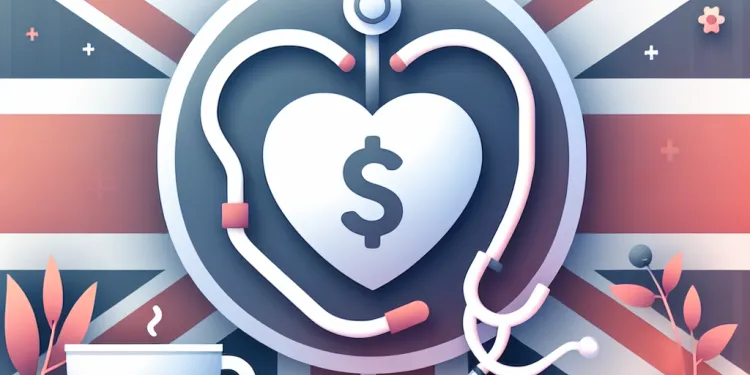
What should one do if they suspect they have gonorrhoea?
Relevance: 68%
-

What antibiotics are used to treat gonorrhoea?
Relevance: 67%
-
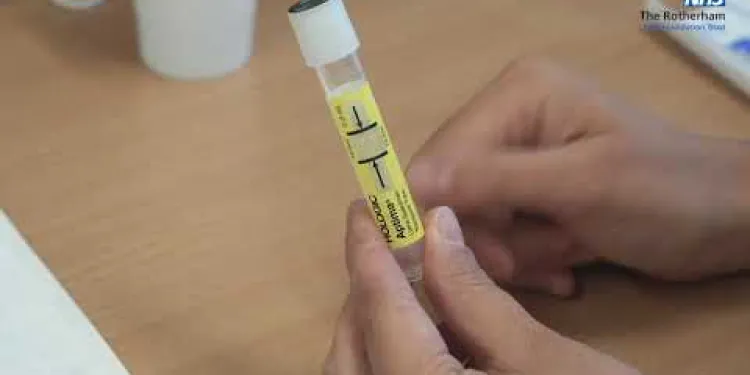
Urine test for Gonorrhoea and Chlamydia
Relevance: 66%
-

Can gonorrhoea infect areas other than the genital organs?
Relevance: 65%
-

Urine test for Gonorrhoea and Chlamydia
Relevance: 65%
-
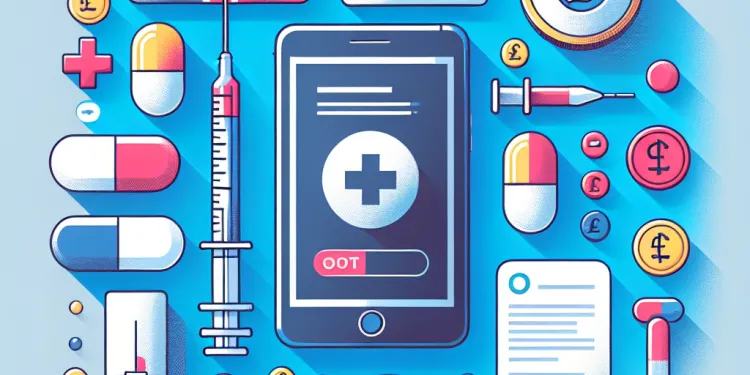
How often should one get tested for gonorrhoea?
Relevance: 64%
-
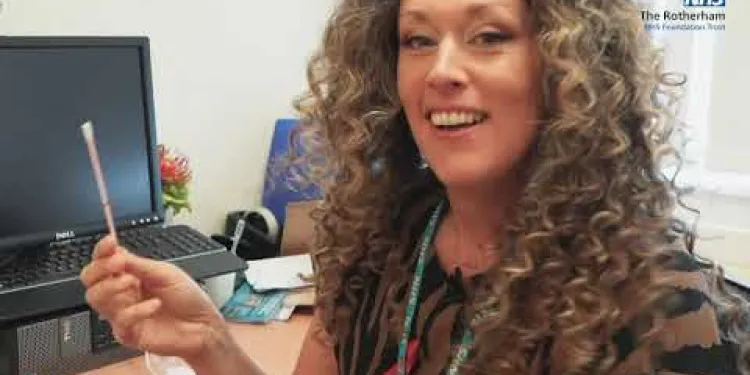
Pharyngeal swab for Gonorrhoea and Chlamydia
Relevance: 64%
-
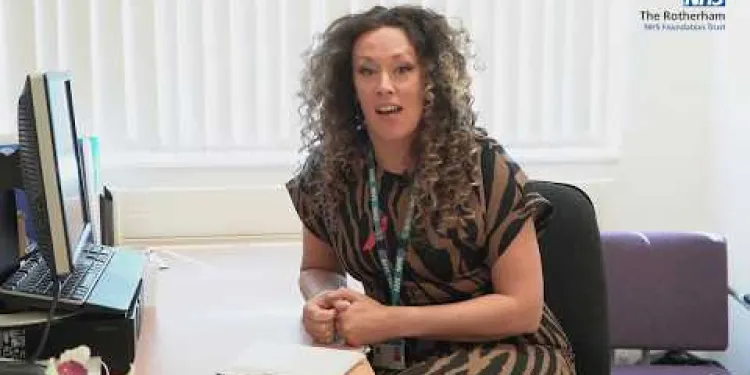
Vaginal Swab test for Gonorrhoea and Chlamydia
Relevance: 64%
-
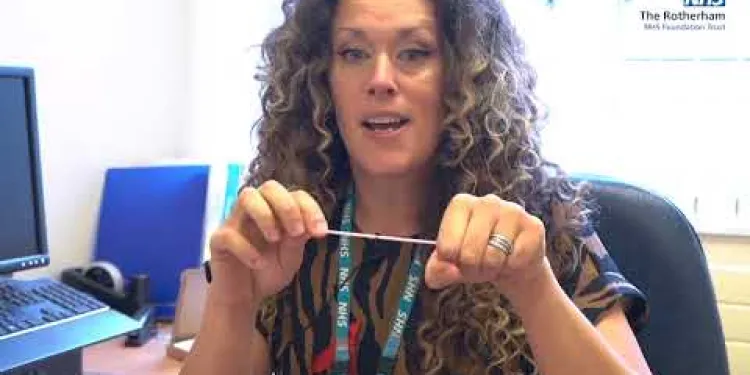
Rectal swab test for Gonorrhoea and Chlamydia
Relevance: 63%
-

Can you still get gonorrhoea after treatment?
Relevance: 63%
-
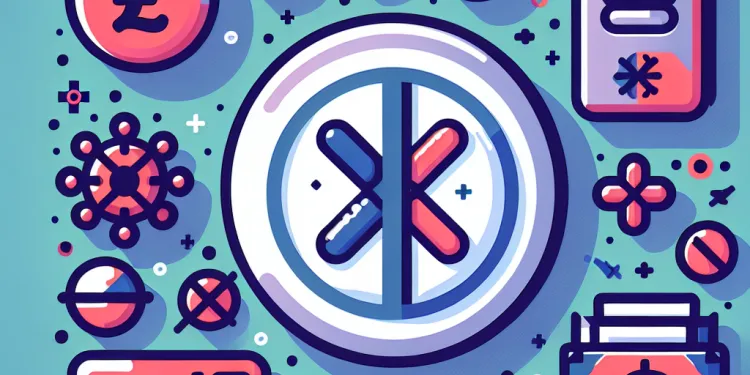
Why is antibiotic resistance a concern with gonorrhoea?
Relevance: 62%
-
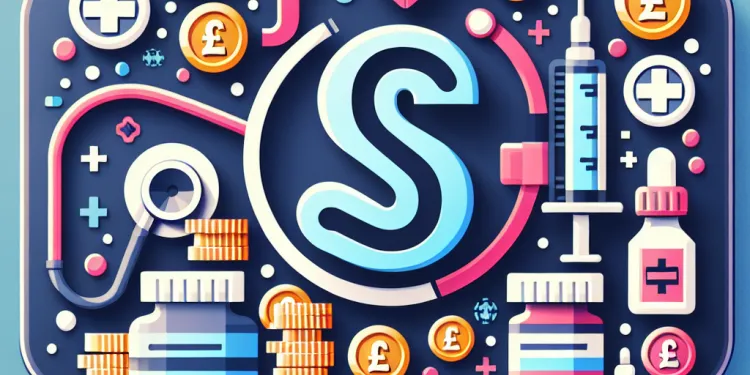
Is gonorrhoea treatable?
Relevance: 52%
-

What are the symptoms of gonorrhoea?
Relevance: 50%
-
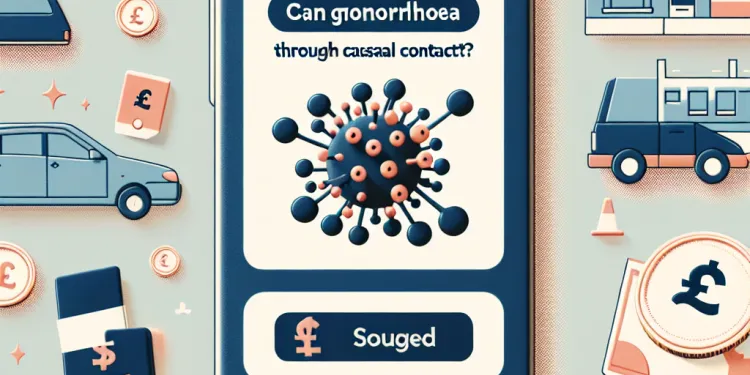
Can gonorrhoea be spread through casual contact?
Relevance: 43%
-
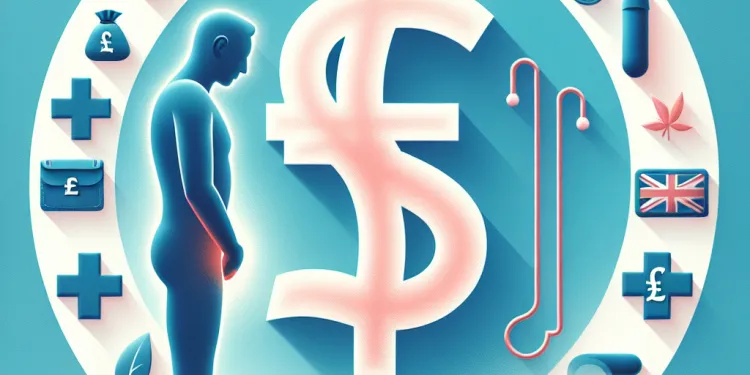
Can gonorrhoea cause complications if left untreated?
Relevance: 41%
-

What is 'the clap'?
Relevance: 32%
-

What are the symptoms of norovirus?
Relevance: 29%
-

What are the symptoms of Rubella?
Relevance: 29%
-

Are there symptoms of an HPV infection?
Relevance: 29%
-
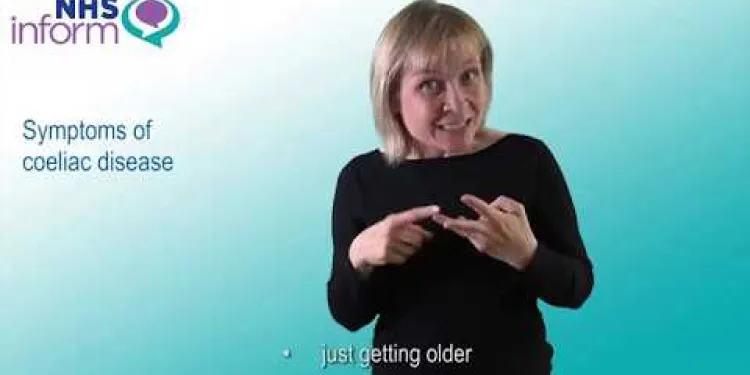
Symptoms of coeliac disease
Relevance: 29%
-

What are the symptoms of measles?
Relevance: 29%
-

What are the symptoms of measles?
Relevance: 29%
-
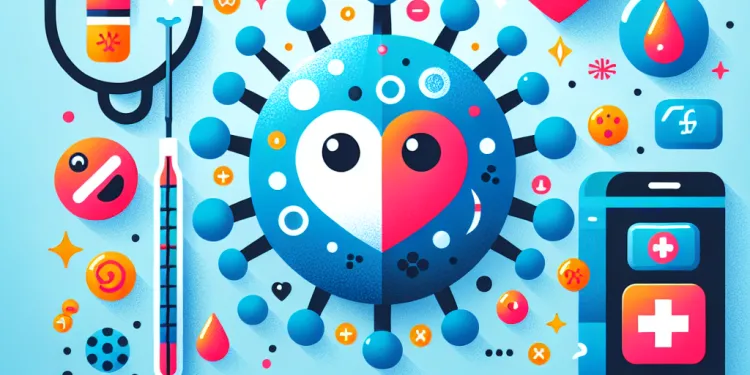
What are the symptoms of measles?
Relevance: 29%
-

What are the symptoms of SAD?
Relevance: 29%
-

What are the symptoms of BPH?
Relevance: 29%
-
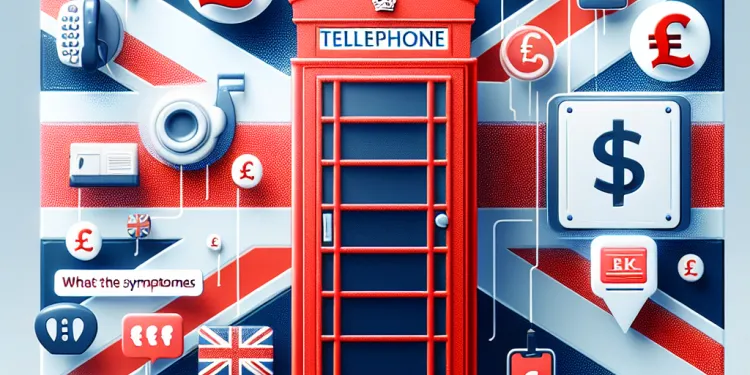
What are the symptoms of chickenpox?
Relevance: 29%
-
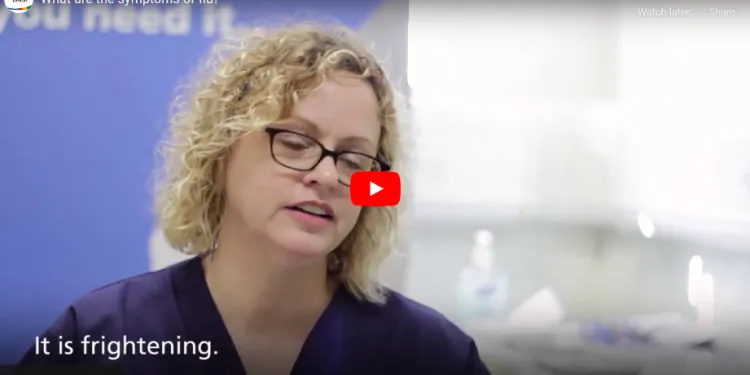
What are the symptoms of flu ?
Relevance: 29%
-
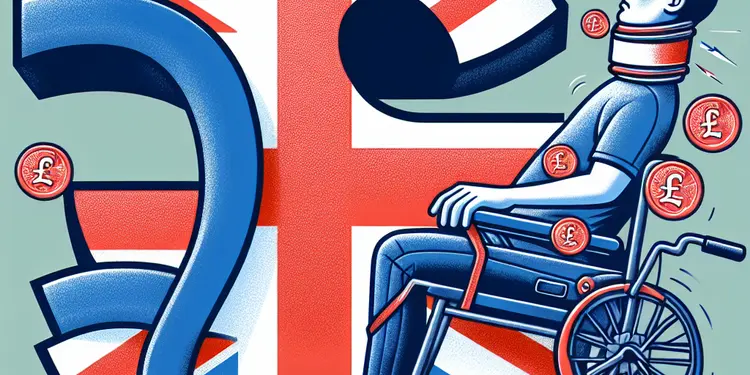
What are the symptoms of whiplash?
Relevance: 29%
-

What are the symptoms of hypotony?
Relevance: 28%
-
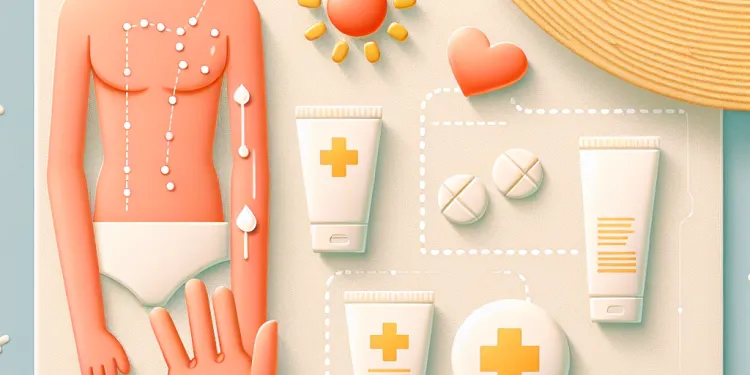
What are the symptoms of sunburn?
Relevance: 28%
-
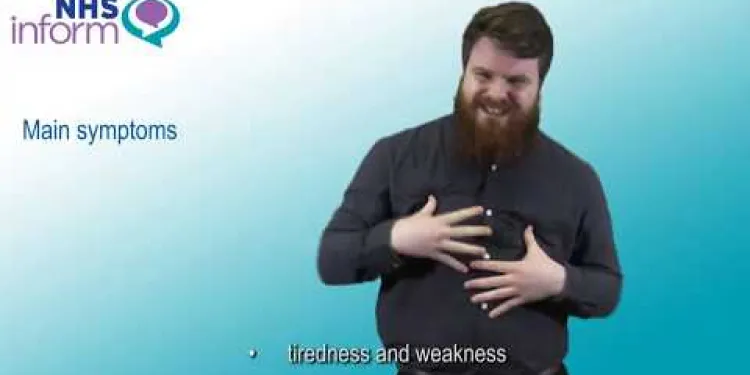
Symptoms of flu (influenza)
Relevance: 28%
The Symptoms of Gonorrhoea
Overview
Gonorrhoea is a sexually transmitted infection (STI) caused by the bacterium Neisseria gonorrhoeae. It is commonly known as 'the clap'. Gonorrhoea can infect both men and women and is readily transmitted through sexual contact. Understanding the symptoms of gonorrhoea is crucial for early diagnosis and treatment, especially considering the potential complications if left untreated.
Symptoms in Men
Men infected with gonorrhoea often experience symptoms within a couple of weeks of exposure. Common symptoms include:
- Urethral Discharge: A white, yellow, or green discharge from the penis is one of the hallmark signs. This discharge may be accompanied by discomfort or pain.
- Testicular Pain: Swelling and pain in one or both testicles may also be present. This can be an indication of complications and warrants immediate medical attention.
- Burning Sensation: Painful or burning sensations during urination are common, often indicating an infection in the urethra (urethritis).
- Frequent Urination: An increased urge to urinate, even if only small amounts are passed, can be noticed.
Symptoms in Women
In women, the symptoms of gonorrhoea can be more subtle and often mimic other infections, such as urinary tract infections (UTIs). They include:
- Vaginal Discharge: An unusual increase in vaginal discharge might occur. The discharge may be watery, creamy, or slightly green.
- Pelvic Pain: Pain in the lower abdomen or pelvis, which can be mistaken for menstrual cramps, is a possible symptom.
- Painful Urination: Much like in men, women may experience a burning sensation when urinating.
- Bleeding: Intermenstrual bleeding or spotting, especially after sexual intercourse, can occur.
Symptoms in Throat and Rectum
Gonorrhoea can also affect the throat and rectum if exposed to the bacteria. Symptoms in these regions include:
- Throat: A sore throat, often mild and easily mistaken for other causes like a common cold or streptococcal infection.
- Rectum: Symptoms such as discharge, anal itching, soreness, bleeding, or painful bowel movements can occur in those who have engaged in receptive anal intercourse.
Importance of Early Diagnosis
Early detection and treatment of gonorrhoea are vital to prevent complications such as pelvic inflammatory disease (PID) in women, epididymitis in men, and the possible spread of the infection to the blood or joints, leading to more severe health issues. If you suspect you have symptoms of gonorrhoea, it is important to seek medical advice and testing promptly.
In the United Kingdom, services such as the NHS Sexual Health Clinics offer confidential testing and treatment for gonorrhoea and other STIs. Using protection and having regular sexual health check-ups are effective ways to prevent the spread of this infection.
The Symptoms of Gonorrhoea
Overview
Gonorrhoea is an infection you can get from sexual contact. It is caused by a germ called Neisseria gonorrhoeae. People often call it 'the clap'. Both men and women can catch it. Knowing what symptoms to look for helps you get treatment quickly and prevents problems if it’s not treated.
Symptoms in Men
Men usually notice signs of gonorrhoea a few weeks after catching it. Look out for these symptoms:
- Urethral Discharge: You might see white, yellow, or green liquid coming from your penis. It can hurt too.
- Testicular Pain: Your testicles might swell or hurt. This needs a doctor’s help right away.
- Burning Sensation: It might sting when you pee.
- Frequent Urination: You might feel like you need to pee often, even if not much comes out.
Symptoms in Women
For women, gonorrhoea symptoms can look like other problems, like a bladder infection. Watch for these signs:
- Vaginal Discharge: You might have more discharge than usual. It can be watery, creamy, or a little green.
- Pelvic Pain: You might feel pain in your lower belly. It might feel like period cramps.
- Painful Urination: Like men, you might feel a burn when you pee.
- Bleeding: You might notice some bleeding between your periods or after sex.
Symptoms in Throat and Rectum
Gonorrhoea can also be in your throat or bottom if exposed to the germs. Symptoms include:
- Throat: You might have a sore throat that feels like a cold.
- Rectum: You might notice pain, itching, or bleeding in your bottom if you've had anal sex.
Importance of Early Diagnosis
Finding gonorrhoea early and getting treatment can stop serious problems like pelvic disease in women or swelling in men. If you think you have any symptoms, it’s important to see a doctor quickly.
In the UK, places like NHS Sexual Health Clinics can test and treat you in private. Using protection during sex and having regular health check-ups can help stop infections like this from spreading.
Frequently Asked Questions
What are the common symptoms of gonorrhoea in men?
Common symptoms of gonorrhoea in men include a burning sensation when urinating, white, yellow, or green discharge from the penis, painful or swollen testicles, and frequent urination.
What are the common symptoms of gonorrhoea in women?
Common symptoms of gonorrhoea in women include increased vaginal discharge, pain or burning sensation when urinating, vaginal bleeding between periods, and abdominal or pelvic pain.
Can gonorrhoea be asymptomatic?
Yes, gonorrhoea can be asymptomatic, meaning that some people infected with the bacterium may not show any symptoms.
How long does it take for symptoms of gonorrhoea to appear?
Symptoms of gonorrhoea typically appear within 2 to 14 days after exposure to the infection.
Can gonorrhoea cause complications if left untreated?
Yes, untreated gonorrhoea can lead to serious and permanent health problems such as pelvic inflammatory disease (PID) in women, epididymitis in men, and an increased risk of HIV infection in both genders.
Can gonorrhoea affect other parts of the body?
Yes, in addition to the genital area, gonorrhoea can infect the rectum, throat, and eyes.
What are the symptoms of rectal gonorrhoea?
Symptoms of rectal gonorrhoea include discharge, anal itching, soreness, bleeding, and painful bowel movements.
What are the symptoms of gonorrhoea in the throat?
Gonorrhoea in the throat may cause a sore throat, but it is often asymptomatic.
How is gonorrhoea diagnosed?
Gonorrhoea is diagnosed through laboratory tests, which may include urine tests or swabs of affected areas.
How is gonorrhoea treated?
Gonorrhoea is treated with antibiotics, either through oral medication or an injection. It is important to complete the entire course of treatment.
Can I get gonorrhoea again after being treated?
Yes, it is possible to get gonorrhoea again if you are exposed to the infection again, even after successful treatment.
Should my sexual partners be tested if I have gonorrhoea?
Yes, if you are diagnosed with gonorrhoea, it is important to inform all recent sexual partners so they can be tested and treated if necessary.
Can gonorrhoea be prevented?
Gonorrhoea can be prevented by using condoms consistently and correctly during sex, engaging in mutually monogamous relationships with partners who have tested negative for STIs, and regular screening.
Is there a risk of passing gonorrhoea to my baby during childbirth?
Yes, gonorrhoea can be transmitted from mother to baby during childbirth, which can cause serious health issues for the newborn.
Where can I get tested for gonorrhoea in the UK?
You can get tested for gonorrhoea at GP surgeries, sexual health clinics, and Genitourinary Medicine (GUM) clinics in the UK.
What are the signs of gonorrhoea in men?
Gonorrhoea is an illness you get from germs. Here are signs men may notice:
- Pain when peeing
- Yellow or green stuff from the front private part
- Pain or swelling in the testicles (balls)
- Needing to pee more often
If you feel any of these signs, talk to a doctor.
It can help to use pictures to understand better. You can also ask someone you trust for help.
When men have gonorrhoea, they might feel a burning feeling when they pee. There might be white, yellow, or green stuff coming from the penis. Their testicles might hurt or be swollen. They might need to pee a lot.
What signs show gonorrhea in women?
Gonorrhea is an illness. Here are signs women might have:
- Pain when peeing
- Needing to pee more often
- Unusual stuff coming from private parts
- Pain in the belly or lower tummy
- Bleeding when not on period
- Sore throat if infected through oral contact
If you think you might have gonorrhea, it's good to see a doctor. They can help. You can use apps that read text aloud or picture charts to understand better.
Signs of gonorrhoea in women are:
- More vaginal discharge (wetness)
- Pain or burning when peeing
- Bleeding from the vagina between periods
- Belly or pelvic pain
If you feel any of these signs, tell an adult you trust and see a doctor.
Can you have gonorrhoea without knowing it?
Yes, you might not know you have gonorrhoea because there can be no signs or symptoms. This is called asymptomatic.
Here are some things that can help:
- Check-ups: Visit the doctor for regular health check-ups.
- Listening: Pay attention if your body feels different.
- Ask: If you have questions, ask a doctor or nurse.
These tips can help you look after your health!
Yes, sometimes gonorrhea doesn't make you feel sick or show any signs. This means some people have it but don't know because they don't feel bad or see anything wrong.
When do signs of gonorrhoea start to show?
Gonorrhoea is an illness. It can make you feel unwell.
Signs, or symptoms, might show up. They can show up 2 to 14 days after you get the illness.
If you think you have gonorrhoea, it's a good idea to see a doctor.
A tool to help you might be a calendar. You can mark the day you might have gotten gonorrhoea. Then, you can count the days until symptoms might show.
Asking for help from a grown-up or using a reminder app can also be useful.
Signs of gonorrhoea usually show up 2 to 14 days after you catch it.
Helpful tip: Use a calendar to track how many days have passed. If you have questions, ask a doctor or nurse for help.
What happens if gonorrhoea is not treated?
If you have gonorrhoea and do not go to the doctor, it can cause problems later. It is important to get treatment.
Ask a doctor or nurse for help. They can give you medicine to get better.
Using reminder tools like phone alarms or calendars can help you remember to take medicine or go to doctor visits.
Yes, if gonorrhoea is not treated, it can cause big health problems. This can include problems like pelvic inflammatory disease (PID) in women. For men, it can lead to pain in the tubes near the testicles, called epididymitis. It can also make it easier to get HIV for both men and women.
If you find reading hard, you can:
- Use a reading ruler or guide to follow lines of text.
- Listen to the text using text-to-speech tools.
- Read in a quiet space to concentrate better.
Can gonorrhoea make other parts of your body sick?
Gonorrhoea is an illness. It usually makes you sick in a private area. But it can also make other parts of your body sick.
It can hurt your mouth, throat, eyes, or other areas.
If you think you are sick, tell a grown-up or a doctor. They can help make you better.
Using pictures or asking someone to read with you can help you understand more.
Yes, gonorrhoea can make the private parts, bottom, throat, and eyes sick.
What happens if you have rectal gonorrhoea?
If someone has rectal gonorrhoea, they might have:
- Runny stuff coming out
- An itchy bottom
- A sore or hurting bottom
- Bleeding from the bottom
- Pain when going to the toilet (doing a poo)
If you have any of these signs, there is help. You can talk to a doctor or nurse. They can give you advice and medicine.
What are the signs of gonorrhoea in the throat?
Here are signs that you might have gonorrhoea in your throat:
- Sore throat
- Pain when swallowing
- Red throat
- Swollen glands in your neck
- No signs at all – some people don't feel sick
If you think you have these signs, talk to a doctor. They can help you feel better.
Using simple pictures or asking someone to explain can also help you understand better.
Gonorrhoea in the throat can make your throat sore, but sometimes it doesn’t hurt at all.
How do doctors know if someone has gonorrhoea?
Doctors use tests to find out if someone has gonorrhea. This might be a pee test or using a cotton swab on the place that hurts.
How do you get rid of gonorrhoea?
Gonorrhoea is a sickness that you can fix with special medicine called antibiotics. You can take this medicine as a pill or get a shot from a doctor. It is very important to take all of the medicine until it is finished.
Can I get gonorrhoea again after I have been treated?
Yes, you can get gonorrhoea again even after you have been treated. This is because treatment only cures the infection you have at the time. If you have sex with someone who has gonorrhoea, you can get it again.
To protect yourself, you can:
- Use condoms when you have sex.
- Get tested regularly if you have a new partner.
- Talk to your partner about their health before having sex.
If you find reading hard, you can:
- Ask someone you trust to read with you.
- Use pictures or videos to help you understand.
- Take your time and read a little bit at a time.
Yes, you can get gonorrhoea again if you come into contact with the infection after being treated.
Should My Sexual Partners Get Tested If I Have Gonorrhoea?
If you have gonorrhoea, your sexual partners should see a doctor.
Tell them to get a test for gonorrhoea. This helps keep everyone healthy.
Use clear words when talking to your partners.
You can write down what to say before you talk to them.
Ask a trusted friend or family member for help if you need it.
Doctors can help your partners get better too.
Remember, talking to a doctor is a good thing to do.
If you find out you have gonorrhoea, it is important to tell everyone you have recently had sex with. This way, they can get checked and get medicine if they need it.
How can I stop gonorrhoea?
Yes, you can stop gonorrhoea. Here are some easy ways:
- Use a condom: Wear a condom when you have sex. This helps stop germs from spreading.
- Have fewer partners: Having fewer people you have sex with can lower your chance of getting it.
- Get tested: Go to the doctor and check for gonorrhoea if you are worried. It is good to know and stay healthy.
- Talk to your partner: It is important to talk about safe sex with the person you are with.
You can use picture charts or ask someone to go with you to the doctor if you need help. Stay safe and healthy!
You can stop gonorrhea by using condoms every time you have sex. Make sure you use them the right way. Also, have one partner who has been tested and does not have any STIs. Getting regular health check-ups helps too.
Can my baby catch gonorrhoea when being born?
When a baby is being born, they can sometimes catch germs from their mom. Gonorrhoea is a kind of germ.
If you have gonorrhoea, your baby might get it when they are born.
It is important to talk to your doctor or a nurse if you are worried. They can help you and your baby stay healthy.
You can also use pictures and videos to understand better.
Yes, gonorrhea can pass from a mother to her baby when the baby is being born. This can make the baby very sick.
If you find reading hard, here are some ways to help:
- Ask someone you trust to read with you.
- Use a dictionary to look up words you do not know.
- Read in a quiet place where you can focus.
- Take breaks if you feel tired.
Where can I get tested for gonorrhoea in the UK?
You can get a test for gonorrhoea at different places in the UK:
- Visit a sexual health clinic.
- Go to your doctor (GP).
- Find a local health centre.
To find the nearest clinic, you can:
- Search online for "gonorrhoea testing near me".
- Ask a doctor or nurse for help.
If you need support, you can use tools like:
- Online maps to find locations quickly.
- Ask someone you trust for help to book an appointment.
You can have a test for gonorrhoea at these places in the UK: your doctor's office (GP surgeries), sexual health clinics, and Genitourinary Medicine (GUM) clinics.
Useful Links
This website offers general information and is not a substitute for professional advice.
Always seek guidance from qualified professionals.
If you have any medical concerns or need urgent help, contact a healthcare professional or emergency services immediately.
Some of this content was generated with AI assistance. We’ve done our best to keep it accurate, helpful, and human-friendly.
- Ergsy carfully checks the information in the videos we provide here.
- Videos shown by Youtube after a video has completed, have NOT been reviewed by ERGSY.
- To view, click the arrow in centre of video.
- Most of the videos you find here will have subtitles and/or closed captions available.
- You may need to turn these on, and choose your preferred language.
- Go to the video you'd like to watch.
- If closed captions (CC) are available, settings will be visible on the bottom right of the video player.
- To turn on Captions, click settings .
- To turn off Captions, click settings again.
More Items From Ergsy search
-

The symptoms of gonorrhoea
Relevance: 100%
-

What is Gonorrhoea?
Relevance: 77%
-

Can gonorrhoea be asymptomatic?
Relevance: 74%
-

Is there a vaccine for gonorrhoea?
Relevance: 73%
-

Can gonorrhoea be prevented?
Relevance: 73%
-

How is gonorrhoea transmitted?
Relevance: 72%
-

How is gonorrhoea diagnosed?
Relevance: 72%
-

Understanding Your Sexual Health - Gonorrhoea
Relevance: 69%
-

Are there any long-term effects of gonorrhoea?
Relevance: 68%
-

What should one do if they suspect they have gonorrhoea?
Relevance: 68%
-

What antibiotics are used to treat gonorrhoea?
Relevance: 67%
-

Urine test for Gonorrhoea and Chlamydia
Relevance: 66%
-

Can gonorrhoea infect areas other than the genital organs?
Relevance: 65%
-

Urine test for Gonorrhoea and Chlamydia
Relevance: 65%
-

How often should one get tested for gonorrhoea?
Relevance: 64%
-

Pharyngeal swab for Gonorrhoea and Chlamydia
Relevance: 64%
-

Vaginal Swab test for Gonorrhoea and Chlamydia
Relevance: 64%
-

Rectal swab test for Gonorrhoea and Chlamydia
Relevance: 63%
-

Can you still get gonorrhoea after treatment?
Relevance: 63%
-

Why is antibiotic resistance a concern with gonorrhoea?
Relevance: 62%
-

Is gonorrhoea treatable?
Relevance: 52%
-

What are the symptoms of gonorrhoea?
Relevance: 50%
-

Can gonorrhoea be spread through casual contact?
Relevance: 43%
-

Can gonorrhoea cause complications if left untreated?
Relevance: 41%
-

What is 'the clap'?
Relevance: 32%
-

What are the symptoms of norovirus?
Relevance: 29%
-

What are the symptoms of Rubella?
Relevance: 29%
-

Are there symptoms of an HPV infection?
Relevance: 29%
-

Symptoms of coeliac disease
Relevance: 29%
-

What are the symptoms of measles?
Relevance: 29%
-

What are the symptoms of measles?
Relevance: 29%
-

What are the symptoms of measles?
Relevance: 29%
-

What are the symptoms of SAD?
Relevance: 29%
-

What are the symptoms of BPH?
Relevance: 29%
-

What are the symptoms of chickenpox?
Relevance: 29%
-

What are the symptoms of flu ?
Relevance: 29%
-

What are the symptoms of whiplash?
Relevance: 29%
-

What are the symptoms of hypotony?
Relevance: 28%
-

What are the symptoms of sunburn?
Relevance: 28%
-

Symptoms of flu (influenza)
Relevance: 28%


